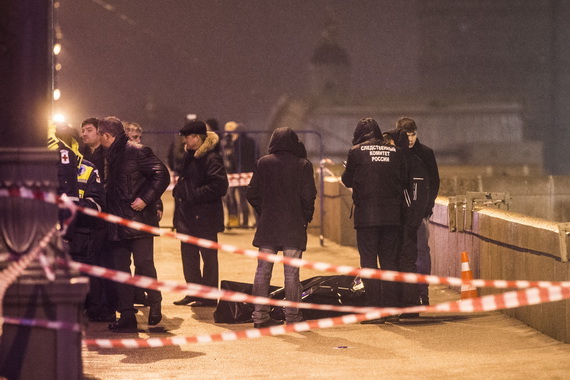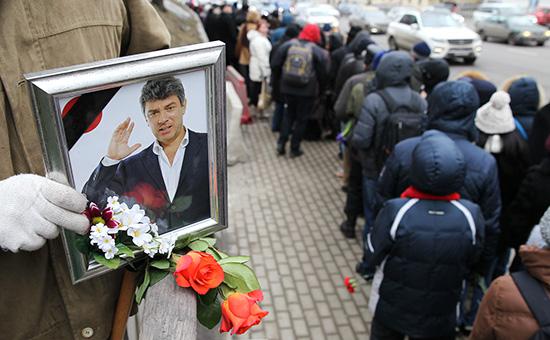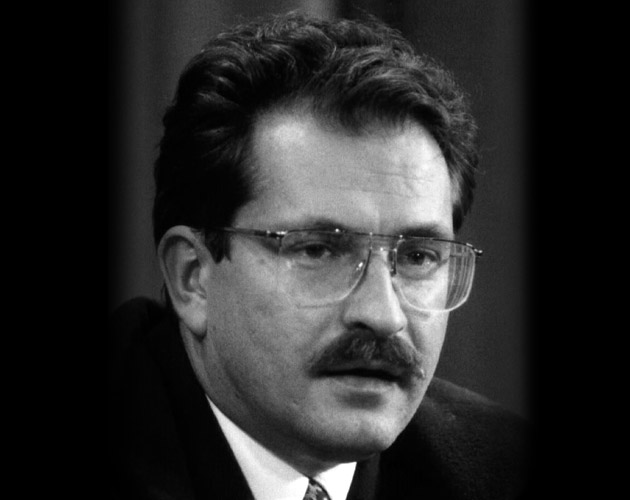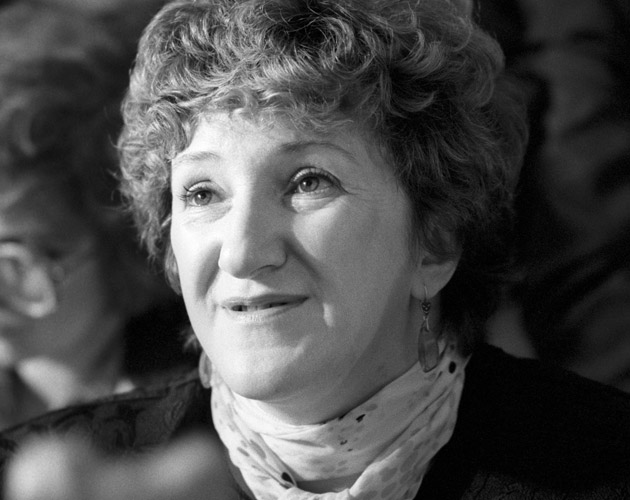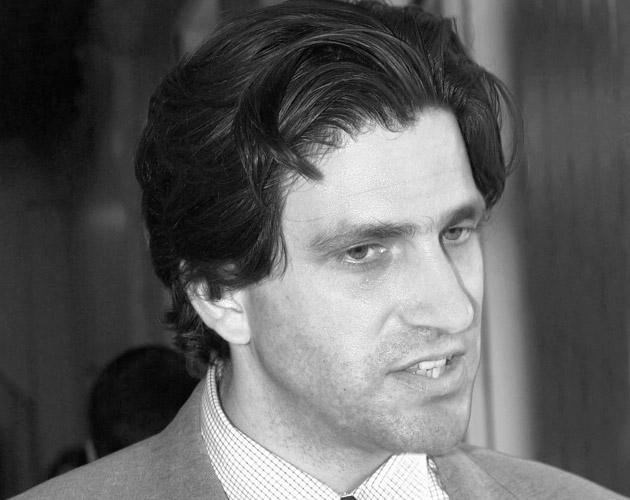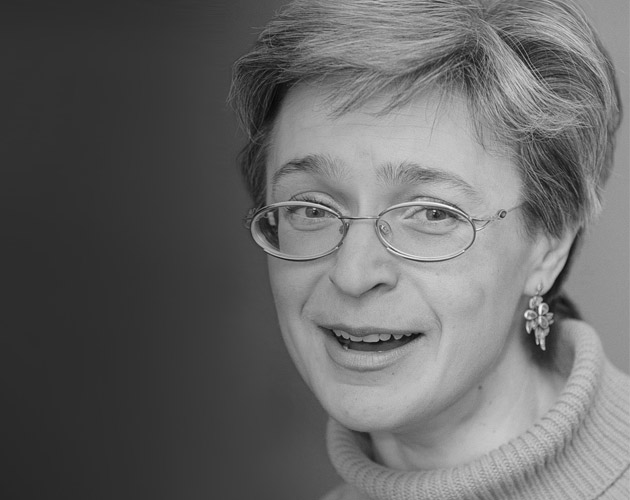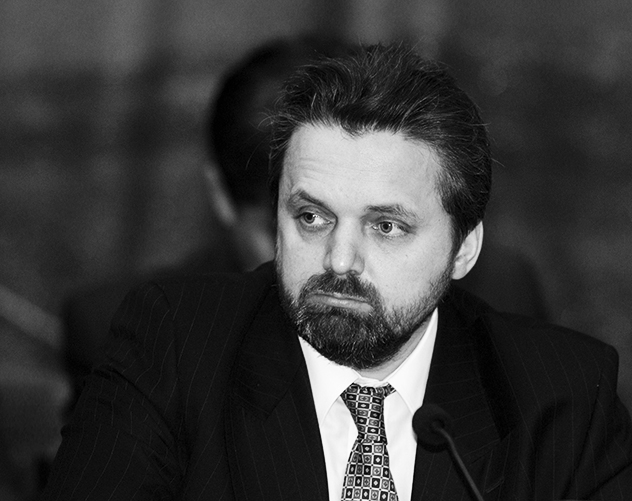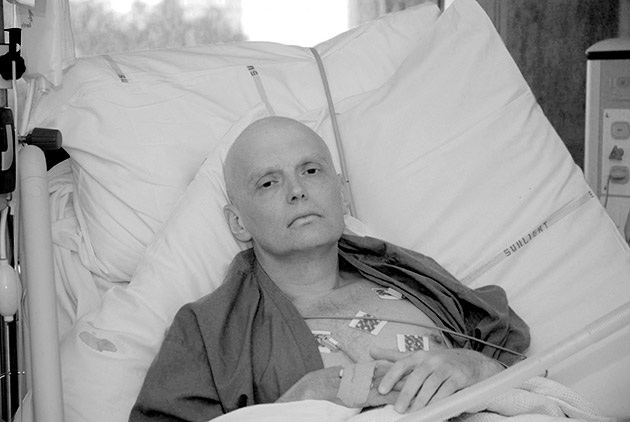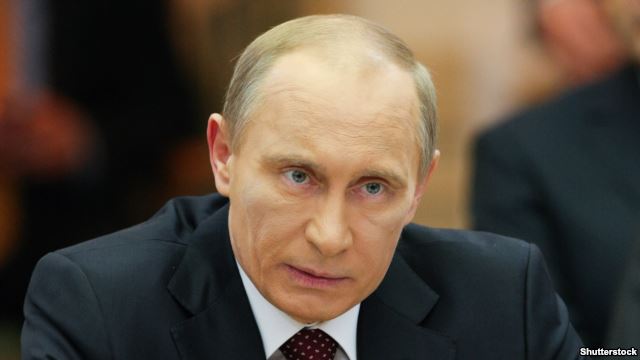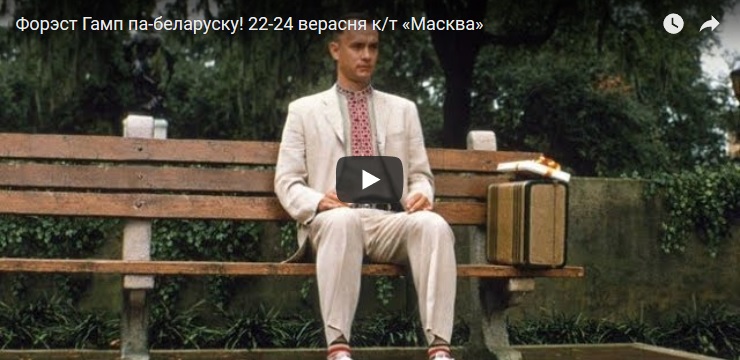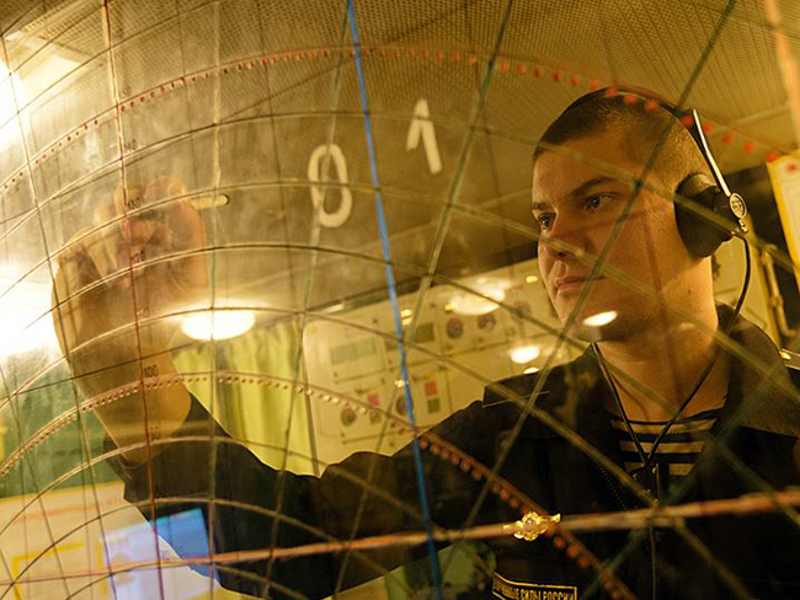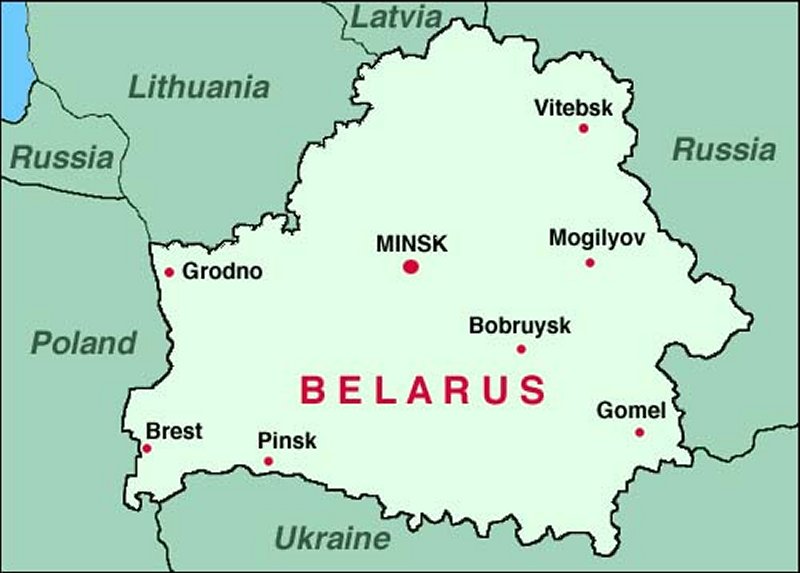In the increasingly Orwellian world that is Vladimir Putin’s Russia, one in which the lie is the truth, it is important to remember that “with rare exceptions,” the murders of those the authorities don’t like are “not solved. Sometimes, those who carried the out are found, but those who ordered them almost never,” Boris Vishnevsky says.
While one would like to believe that those who killed Boris Nemtsov have now been arrested and that they will name those who ordered them to do so, the Yabloko Party deputy in St. Petersburg’s legislative assembly says, one can do so only with difficulty given the record.
He enumerates some of these cases and concludes that the current one is unlikely to be different:
- “For 20 years,” the murder of investigative journalist Dmitry Kholodov has not been solved.
- “For 16 years,” the murders of ethnographer and activist Galina Starovoitova and investigative journalist Larisa Yudina have not been solved. “In both cases,” Vishnevsky writes, “those who carried out the murders have been convicted, but those who ordered the killings have not been named.”
- “For 12 years,” the murder of lawmaker and journalist Yuri Shchekhochikin has not been solved.
- “For 10 years,” Vishnevsky continues, “the murder of Paul Khlebnikov,” the American journalist who worked on corruption in Moscow, “has not been solved.”
- “For nine years,” the murder of journalist Anna Politkovskaya has remained unsolved, with the triggermen convicted but those who ordered them to kill not named. Moreover, Vishnevsky says, as in the case of Nemtsov’s murder, pro-Kremlin types described her murder as “a provocation” against the regime.”
- And “for five years,” the murder of human rights activist Natalya Estemirova has not been solved either.
That record does not inspire confidence about the current “investigation,” Vishnevsky says. Moreover, the situation now is even worse than it was at the time of some of these earlier cases. That is because the Putin regime has created an institution which means that it is “impermissible not to remember” even more long ago history.
In 1905, the black hundreds Union of the Russian People was set up with the support of the Russian regime and even the blessings of the tsar. “Besides Jewish pogroms,” that group was responsible “at a minimum” for three political murders of opposition deputies of the State Duma: Mikhail Gertsenshtein, Grigory Iollos, and Aleksandr Karavayev.
Now, 110 years later, and again “with the support of the authorities,” another black hundreds-type organization has been set up, the Anti-Maidan, whose leaders have declared that they will use any means necessary including “the fear of death” to block those who oppose the regime.
Government investigators and the procuracy, Vishnevsky continues, “will not turn the slightest attention” to this group, one can be sure. And their failure to do so has further emboldened the Anti-Maidan groups who are now trying to further divide society by talking about provocations of one kind or another.
Another Moscow commentator, Igor Eidman, makes many of the same points with particular regard to the Russian government’s new charges against Chechens for supposedly killing Nemtsov, charges that may blow up in Moscow’s face if Russians and others are paying attention.
Kadyrov “had no particular reasons to kill Nemtsov,” Eidman points out. “Boris [Nemtsov] wasn’t involved in the investigation of the crimes of the Kadyrov regime as were the late Politkovskaya or Estemirova.” Moreover, Nemtsov “did not denounce Kadyrov or become his blood enemy.”
And given everything, “Kadyrov could organize the murder of Nemtsov only if he were directly ordered to do so by Putin,” the Moscow commentator said.
Moscow will likely try to lay all the blame for the Nemtsov murder on the Chechens, invoking the always useful argument that these Chechens are motivated by Islamic extremism and were “angry” about the support Nemtsov and other Russian liberals had given to the Charlie Hebdo caricaturists.
That may be enough for many in Russia and the West, but clearly, Eidman says, the Putin regime is putting most of its hopes that it will again evade being held responsible for murder in something else: “the short attention span” of Russians and others, who will soon forget this and turn to other news.

